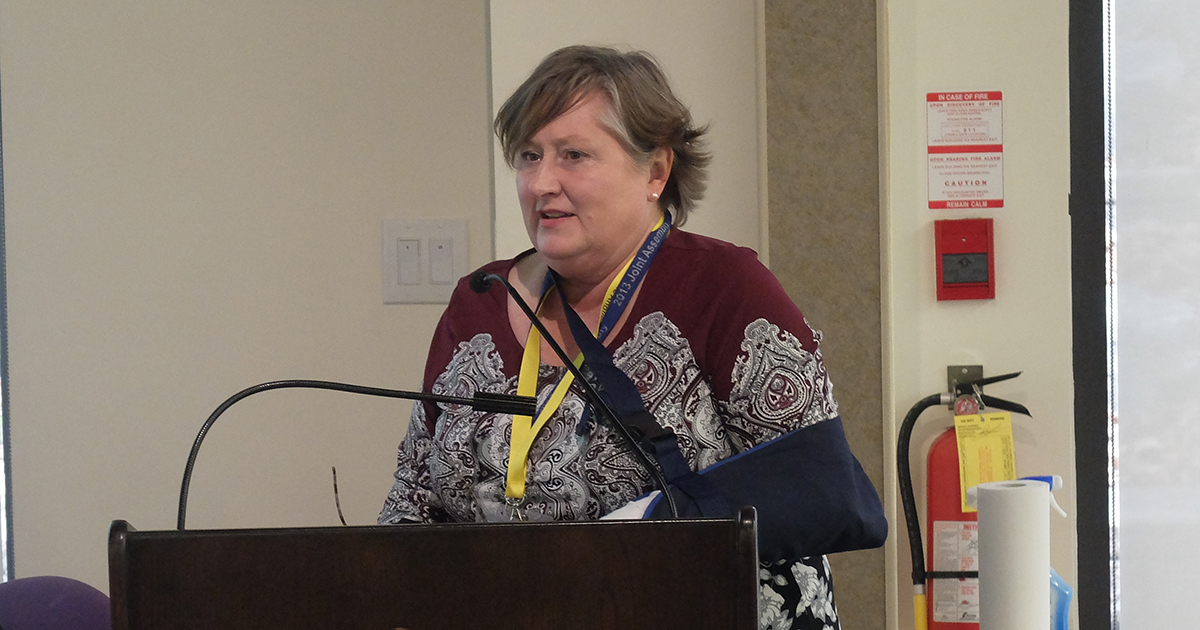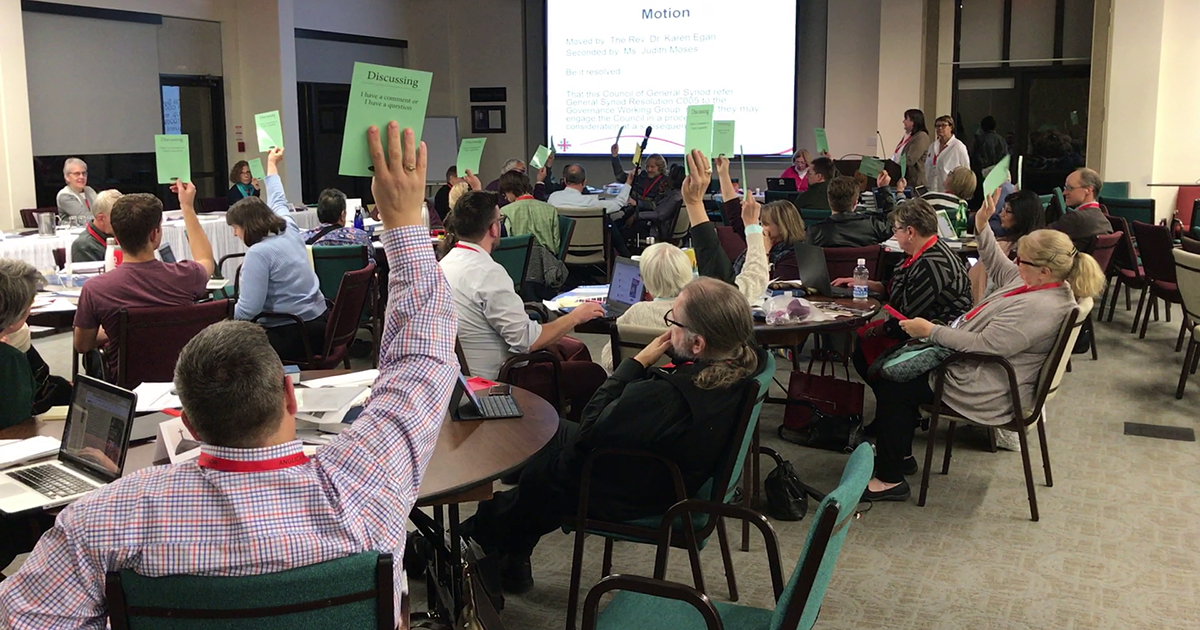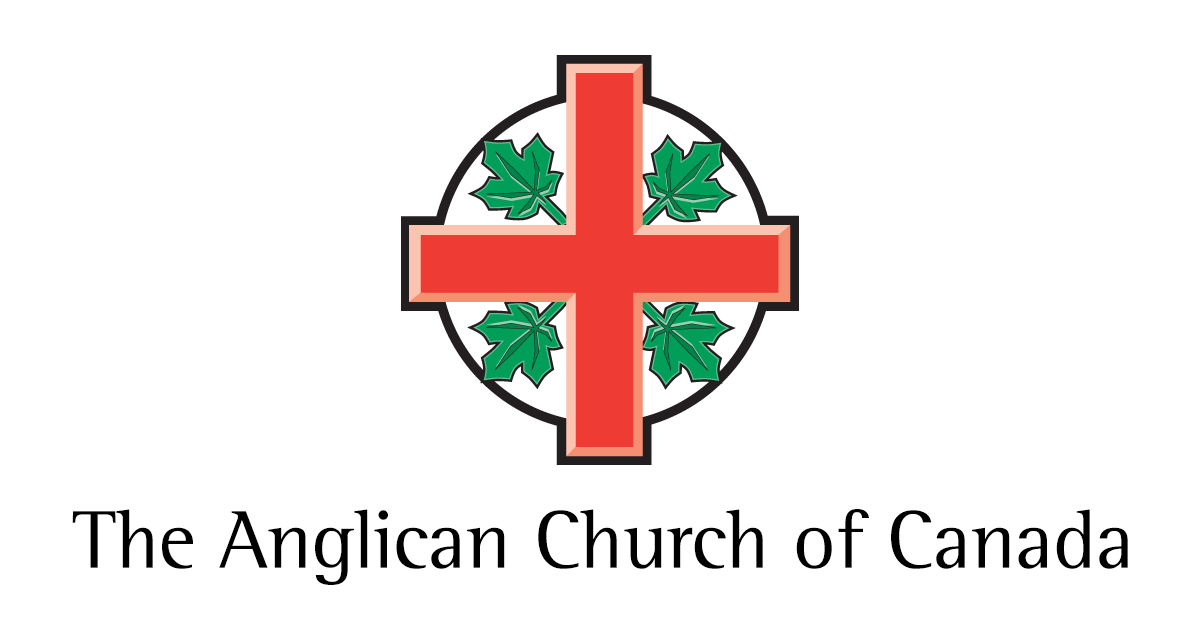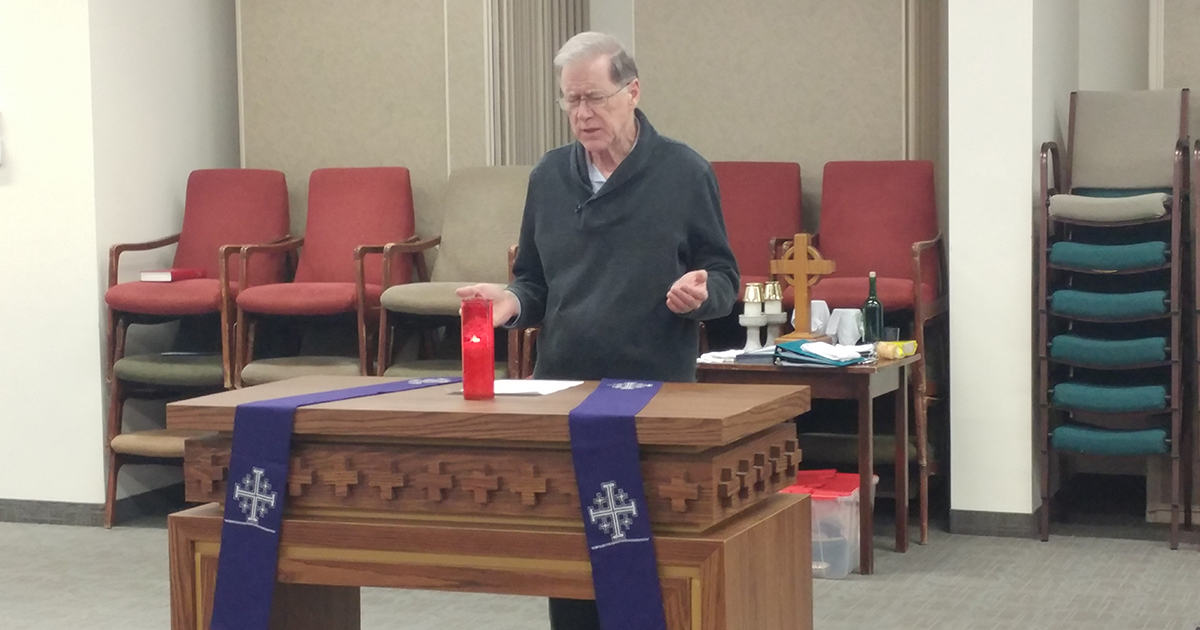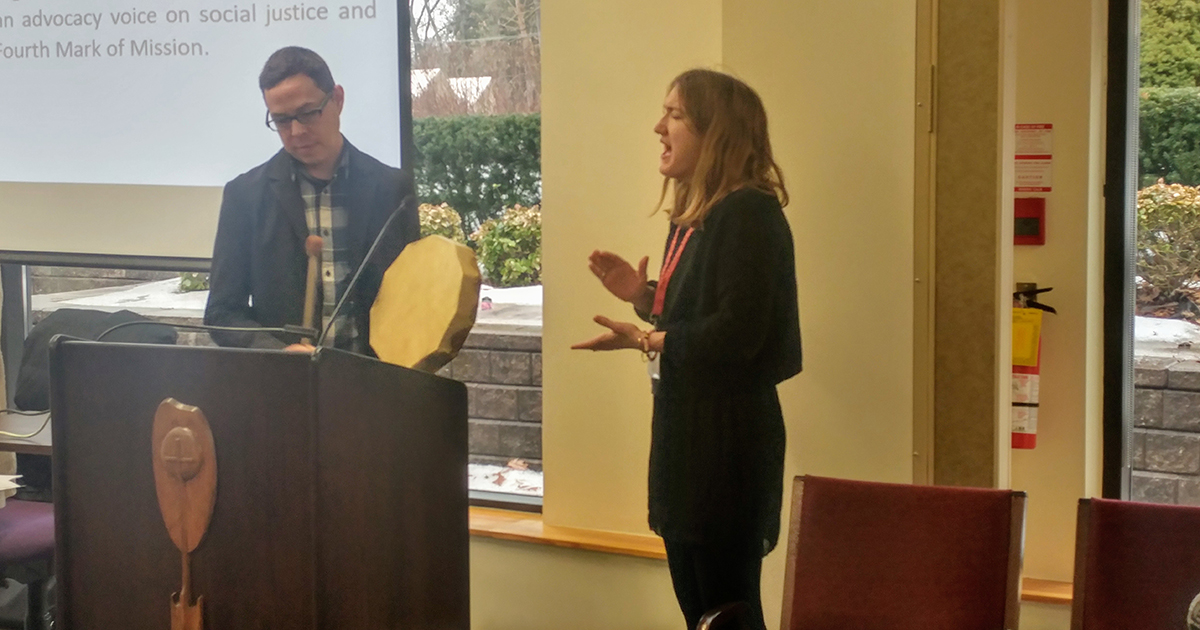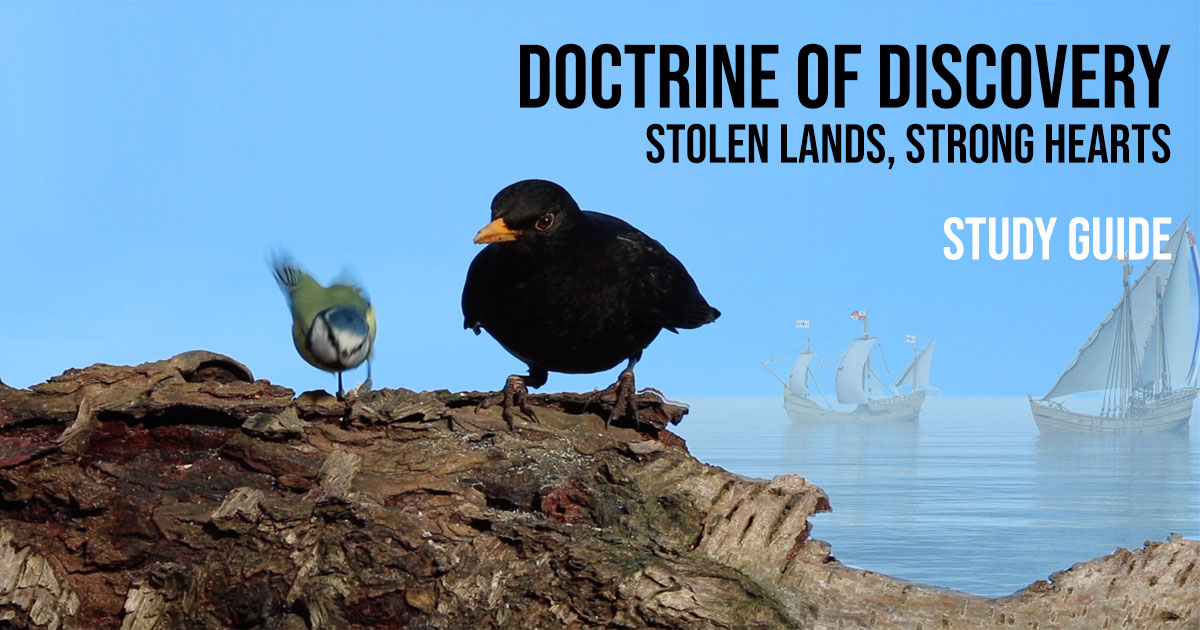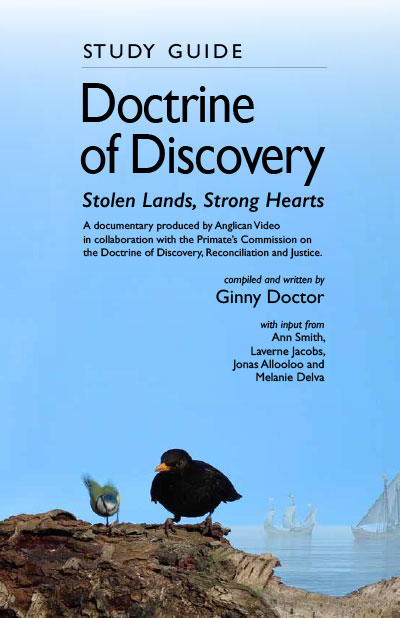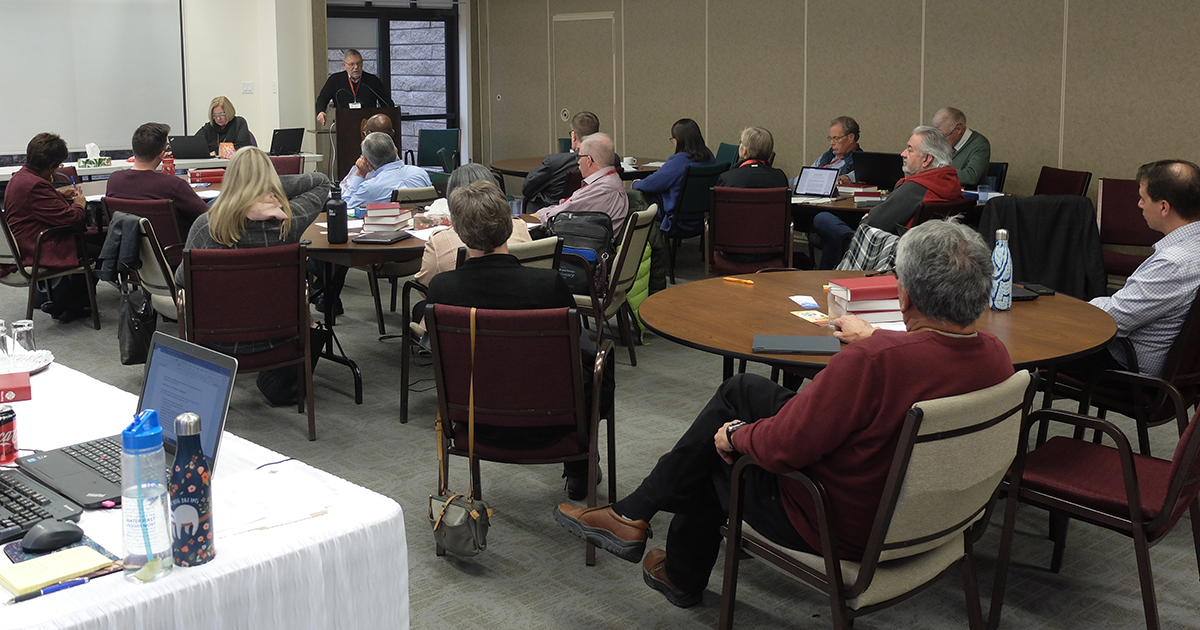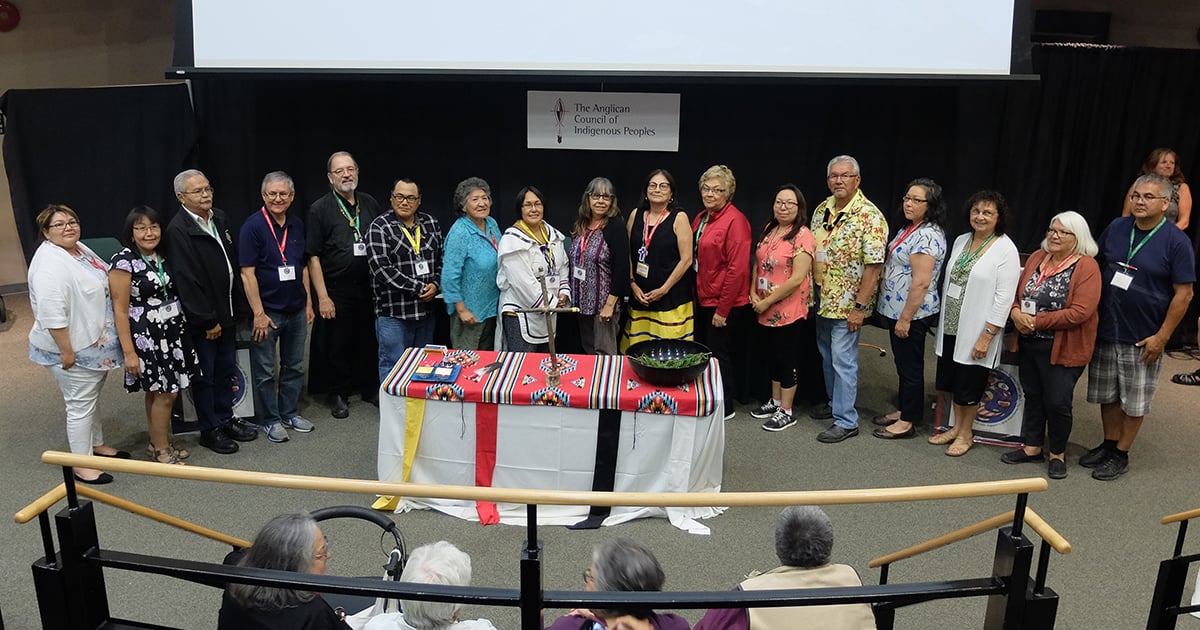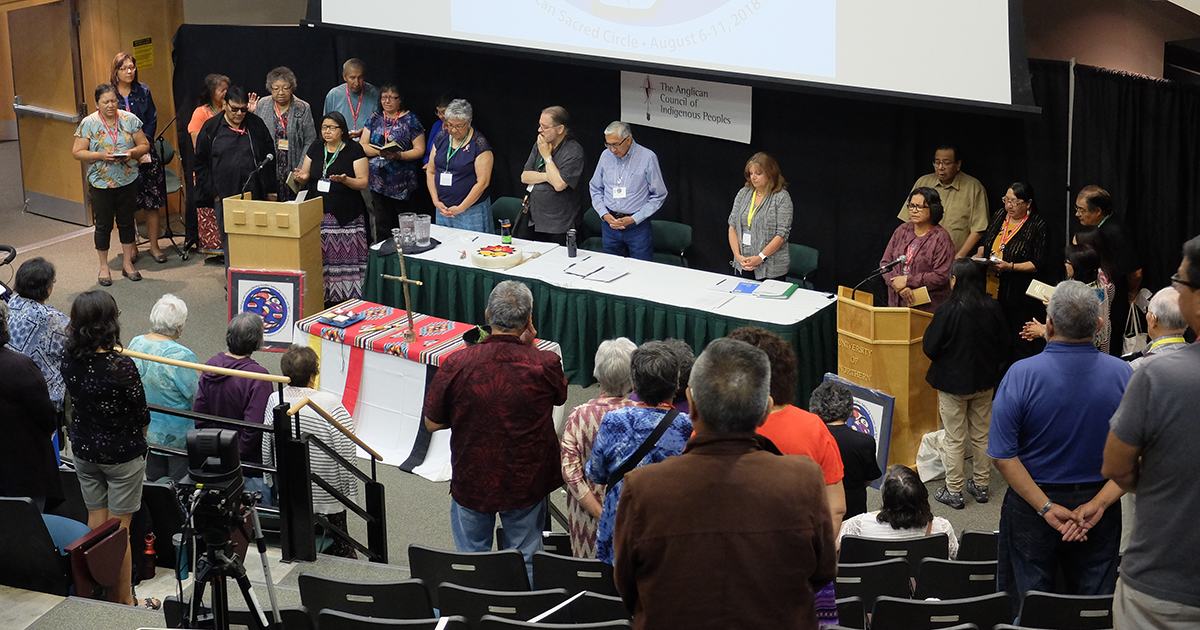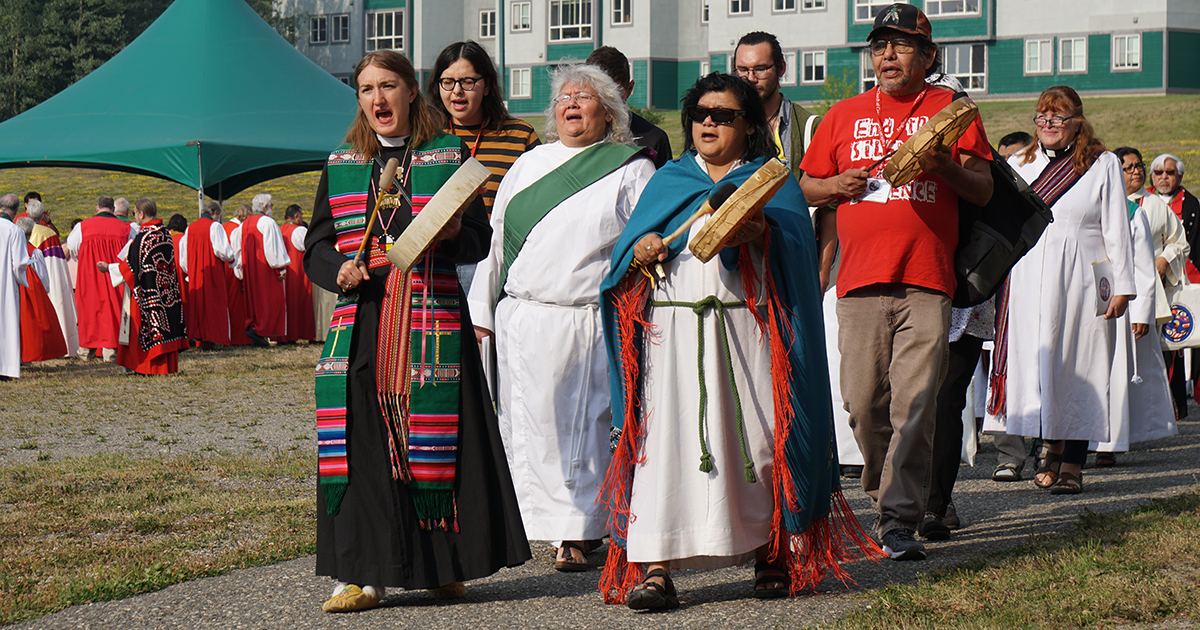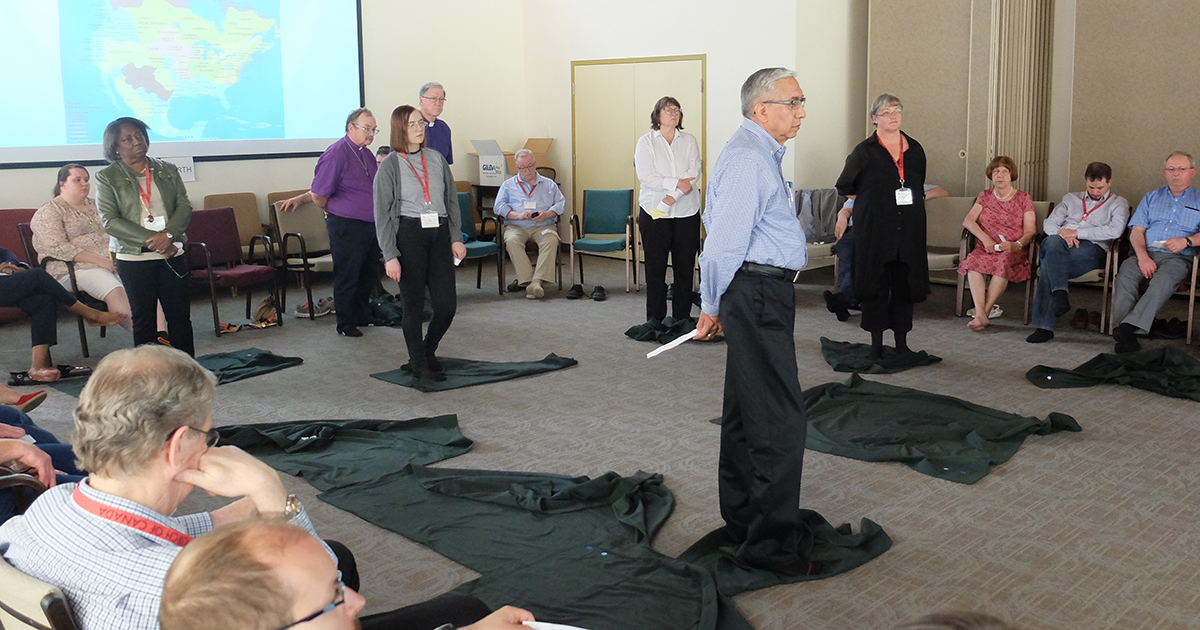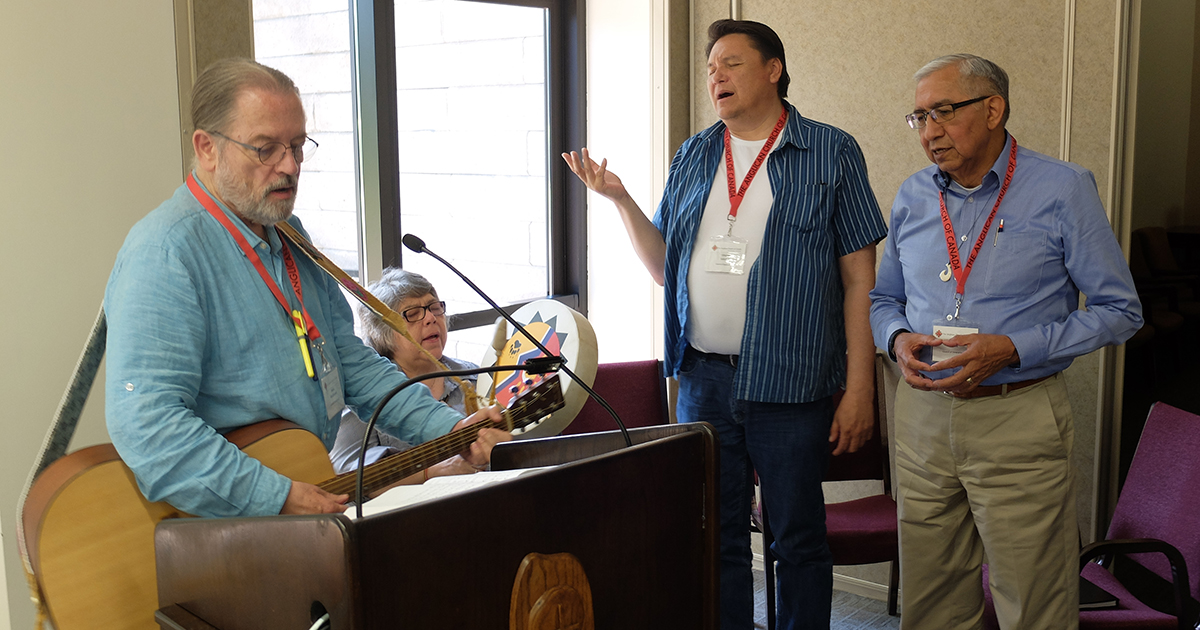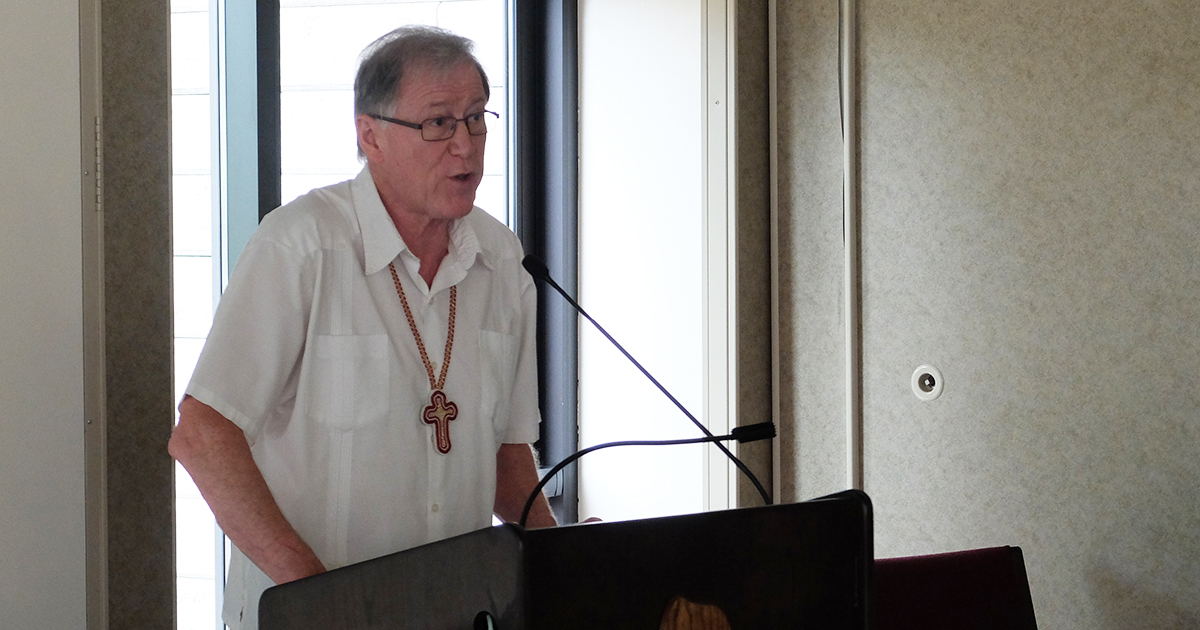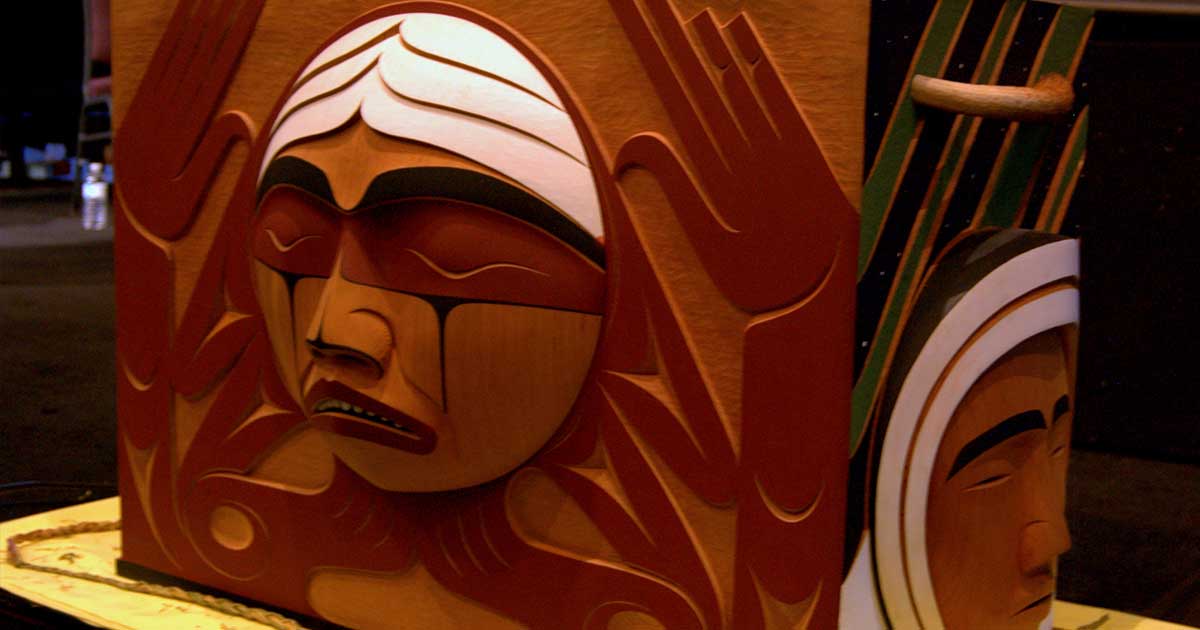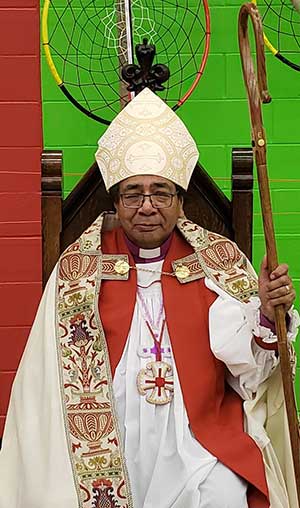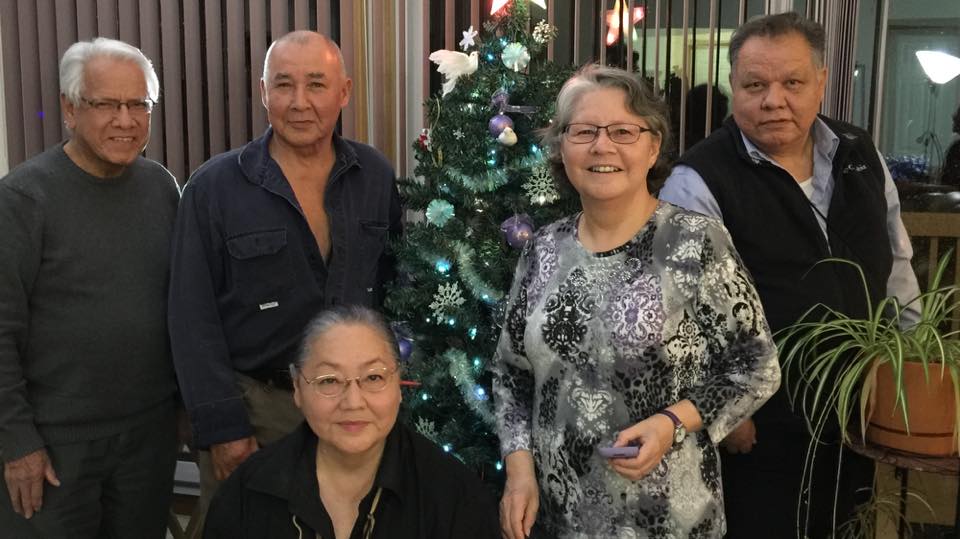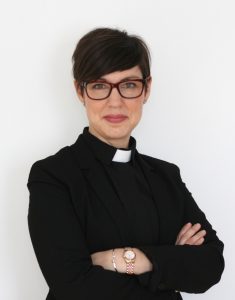The Jubilee Commission—one of the calls from the Primate’s Commission on Discovery, Reconciliation and Justice—is mandated and created by resolution of the Council of General Synod (CoGs). The resolution calls the commission to “propose a just, sustainable and equitable funding base for the self-determining Indigenous Anglican church.”
The commission “[is] charged with examining historic and current funds made available for Indigenous ministries at various levels of the church’s structure, assessing current funds designated to Indigenous programming, and assessing broader property questions.”
The commission invites you to check back to this page over the next weeks and months as it starts its work.
For information on the commission, please review the CoGS motion below and/or contact the commission staff liaison Ryan Weston.
Judith Moses (Chair)
The Rt. Rev. Isaiah Beardy
The Rt. Rev. Riscylla Shaw
The Rev. Pamela Rayment
The Rev. Canon Laverne Jacobs
Ryan Weston (Staff Liaison)
The members of the Jubilee Commission bring to the task force many years of extensive ministry in various levels of the church. Learn more about them below:
Rt. Rev. Isaiah (Larry) Beardy The Rev. Canon Laverne Jacobs The Rev. Pamela Rayment
Motion passed Council of General Synod – June, 2018
Proposal to establish a Jubilee Commission
Background: Significant work is being undertaken to develop and implement a framework for the Indigenous self-determining church. However in order for this church to thrive, it will need sufficient resources. In the first report of the Primate’s Commission on the Doctrine of Discovery, Reconciliation and Justice, and in other prior communications of the Anglican Council of Indigenous Peoples, and the Indigenous Leadership Circle there have been questions raised regarding an equitable provision of funds, both current and future, in a manner that takes some account for the historic processes of colonization that have dispossessed Indigenous people of land and resources. There is a need to assess the nature of resources available to the Indigenous church, and to propose a way forward, that aligns with the emerging conversation and decisions on the framework for self determination in the church.
Motion: That COGS appoint a Jubilee Commission to propose a just, sustainable and equitable funding base for the self determining Indigenous Anglican church.
The Commission would:
- have a three year term, potentially renewable.
- consist of 6 members
- report to the Council of General Synod
- Including significant representation from the current Primate’s Commission on the Doctrine of Discovery Reconciliation and Justice.
The Commission would be charged with examining historic and current funds made available for Indigenous ministry at various levels of the Church’s structure, assessing current funds designated to Indigenous programming, and assessing broader property questions. Topics for consideration might include current salary levels of Indigenous clergy and strategies to move towards parity, possible redistribution of portions of property sales on a principled basis, and increasing alignment between funds for Indigenous ministry and Indigenous oversight of these funds.

